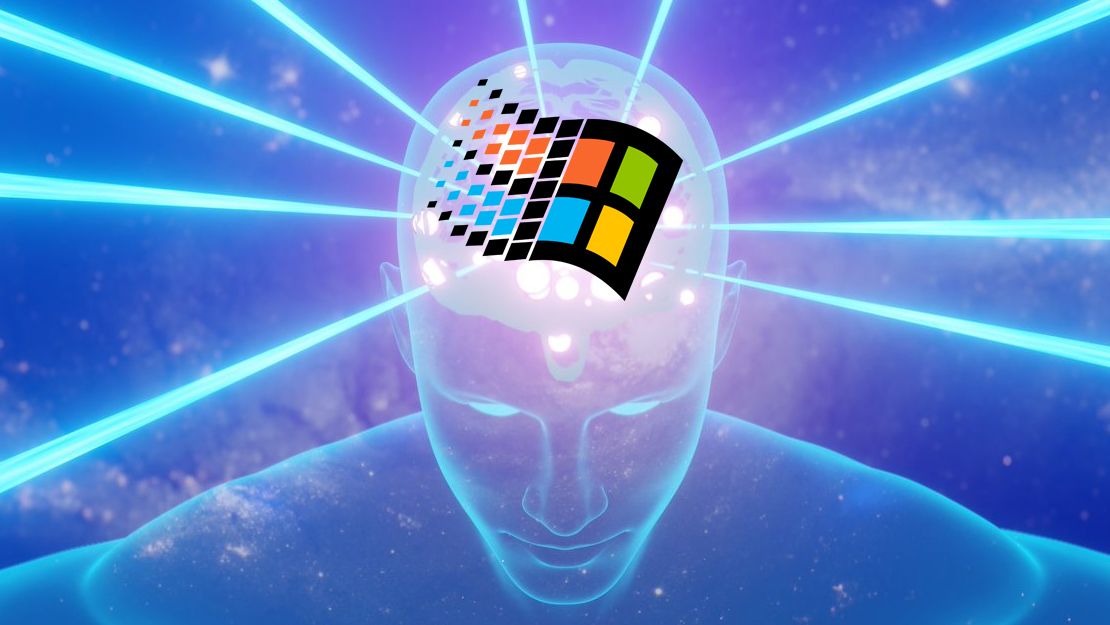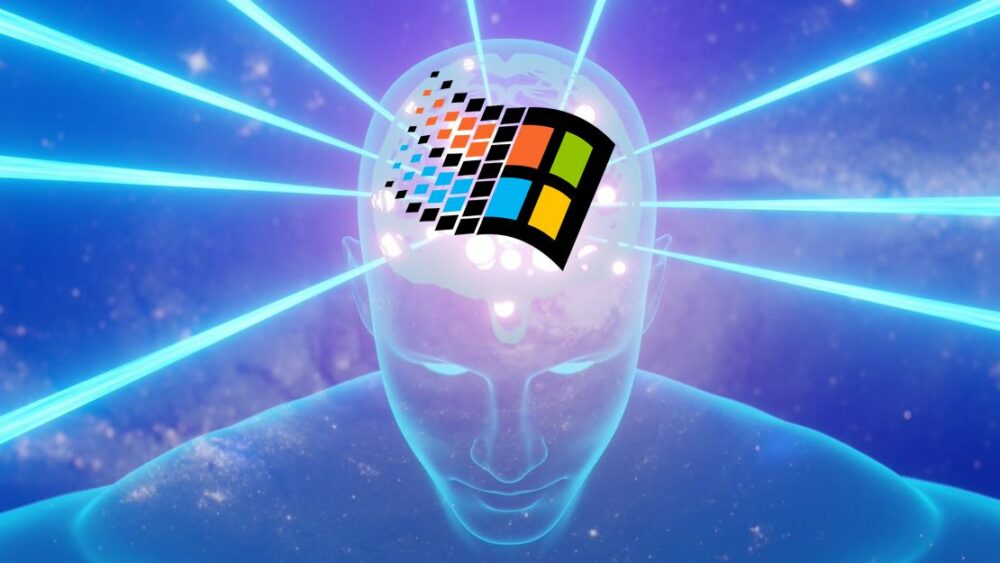
There’s no bigger buzzword in the tech scene right now than AI. Researchers all over the world are dipping their toes into this evolving field of tech, and it’s always a shock what comes out. Recent AI advancements have come from machine learning, the ability to force feed a program unthinkable amounts of data in the hopes that it will learn something. It’s been used to do some incredible stuff like control nuclear fusion (opens in new tab), make biohybrid robots walk (opens in new tab), and create varying degrees of art (opens in new tab).
There’s a lot of questions about this brave new world of AI and important issues around ethical concerns and the future of this tech. The use of AI generated art (opens in new tab) plus the release of ChatGPT to the general public, or whoever can afford it (opens in new tab), has brought all of this to the forefront. It has experts like Turing Award winner John Hennessy (opens in new tab) expecting the AI singularity to be upon us much faster than we ever expected.
“The AI revolution is upon us. It’s stunning,” Hennessy said Monday at the TechSurge conference (thanks, Cnet (opens in new tab)). “It’s awakened in everybody a sense that maybe the singularity… this turning point where computers really are more capable than humans, is closer than we thought.”
In its current form AI can look impressive, but a lot of this is due to its single-minded training. If you force an AI to look at uncountable images, it’s expected that it should be able to output some of its own. Of course, there’s contention around the ownership of what’s created given it’s used the hard work of many artists (opens in new tab) that have been fed into the machine. This can make a very good art-copying machine, but it lacks the versatility of human creativity.
That’s why right now, most experts like Hennesey see AI as a tool to add to the human arsenal, rather than replace it. AI’s not to be trusted to produce results on its own, as we have seen time and time again, but with some supervision can be used to aid in creation.
“I may not get a video that’s perfect or a PowerPoint presentation or a paragraph that’s perfect. But maybe I get something I can really work with, then use some human intelligence to make it even better,” Hennessy said.
This current form of AI is why Google likely hadn’t released its own Bard AI (opens in new tab) until ChatGPT was already dominating internet headlines. In truth, there likely hasn’t been enough care taken with releasing AIs into the world as we’ve seen with the ability to teach them bigoted concepts or produce illicit content like malware (opens in new tab).
“Google was hesitant to productize this because it didn’t think it was really ready for a product yet. But I think as a demonstration vehicle, it’s a great piece of technology,” Hennessy, who also happens to be chairman of Google parent company Alphabet, said. “You don’t want to put a system out that either says wrong things or sometimes says toxic things. Right. There’s a level of caution about this.”
But Hennesey, like some other big names in tech (opens in new tab), mostly speaks with optimism for the future of AI. He describes machine learning as being able to programme with data rather than code, which is a pretty powerful use case across almost any industry. Given its proven ability to scale up and continue to produce impressive leaps, experts are expecting AI to impress upon the singularity much faster than we expected. This means we might be seeing AIs that are comparable to human intelligence within the next 20 years.
“Some of us thought that point at which we’d have artificial general intelligence was 40 or 50 years away. I think everybody’s horizon has moved in by probably 10 or 20 years,” Hennessy said. “These models keep getting bigger, and every time we make a jump up in the size of the model, we seem to be able to do new tasks. We don’t know where that’s going to plateau yet.”
- SEO Powered Content & PR Distribution. Get Amplified Today.
- Platoblockchain. Web3 Metaverse Intelligence. Knowledge Amplified. Access Here.
- Source: https://www.pcgamer.com/experts-say-the-ai-singularity-could-be-here-in-the-next-two-decades
- 20 years
- 7
- ability
- About
- across
- AI
- All
- Alphabet
- around
- Arsenal
- artificial
- as
- award
- because
- Better
- BIG
- bigger
- brave
- brought
- care
- case
- chairman
- closer
- code
- company
- computers
- Conference
- content
- continue
- could
- course
- create
- created
- creativity
- Current
- data
- decades
- Ethical
- EVER
- Every
- evolving
- expecting
- experts
- faster
- Fed
- field
- forefront
- form
- future
- Future of AI
- Gaming
- General
- getting
- given
- going
- good
- great
- Headlines
- here
- hopes
- horizon
- HTTPS
- human
- Humans
- i
- illicit
- Images
- important
- impressive
- incredible
- industry
- Intelligence
- Internet
- issues
- IT
- jump
- LEARN
- learning
- Level
- machine
- machine learning
- make
- May
- might
- model
- models
- Monday
- more
- names
- New
- new world
- open
- opens
- optimism
- own
- Ownership
- perfect
- plato
- plato data intelligence
- platodata
- platogaming
- player
- Plus
- Point
- powerful
- pretty
- probably
- Produce
- Product
- Program
- programme
- proven
- public
- Ready
- release
- released
- researchers
- Results
- revolution
- right
- robots
- s
- Said
- Scale
- sense
- singularity
- Size
- something
- stanford
- system
- TAB
- tech
- Technology
- The
- the world
- things
- time
- tool
- Training
- trusted
- turing
- turning
- unthinkable
- up
- us
- vehicle
- Video
- What
- WHO
- within
- Work
- world
- years
- zephyrnet












